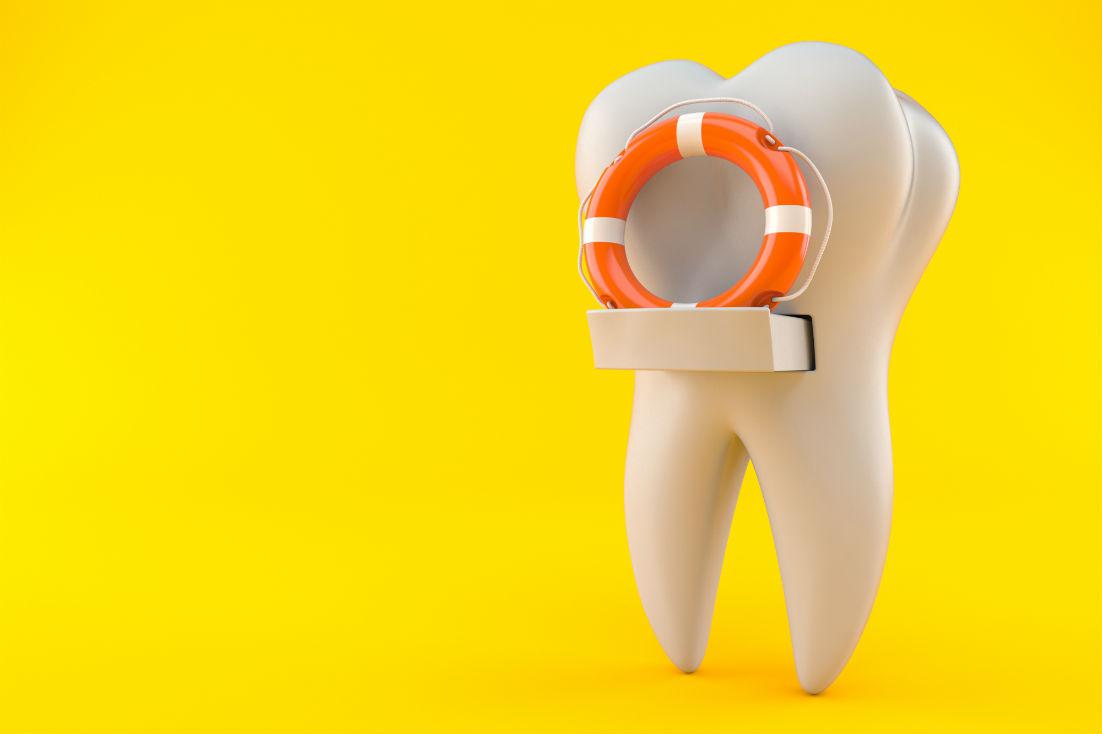Emergency Dentist in Calabasas - Urgent Dental Care
 What is the best way to take care of dental emergencies? Calmly and quickly! Prompt treatment is almost always required to alleviate pain and to ensure the teeth have the best possible chance of survival. Calabasas Dental Group is equipped to handle all types of emergency dental care so if you are in need of an emergency dentist in Calabasas, it is important to contact us at the first sign of complications. We understand that after hours dental emergencies can and do happen, so we try to make sure we are accessible at all times. On the rare occasion that you cannot reach one of our staff in an emergency situation, we recommend you proceed immediately to the nearest hospital emergency room.
What is the best way to take care of dental emergencies? Calmly and quickly! Prompt treatment is almost always required to alleviate pain and to ensure the teeth have the best possible chance of survival. Calabasas Dental Group is equipped to handle all types of emergency dental care so if you are in need of an emergency dentist in Calabasas, it is important to contact us at the first sign of complications. We understand that after hours dental emergencies can and do happen, so we try to make sure we are accessible at all times. On the rare occasion that you cannot reach one of our staff in an emergency situation, we recommend you proceed immediately to the nearest hospital emergency room.
There are numerous types of dental emergencies, so we have provided a guide to the most common dental related emergencies and the best way to address each situation.
Toothache
If you have a toothache, gently clean the painful area using a soft-bristle toothbrush and floss. Rinse your mouth with warm salt water. Avoid placing aspirin on the gums or tooth, as this may cause a burn. If you experience facial swelling, apply a cold compress to the area for relief. Take acetaminophen (for example, Tylenol®) and call your dentist as soon as possible.
Knocked out tooth
If a tooth is knocked out completely, call your dentist immediately. Getting care within an hour of the incident is vital to re-implanting the tooth and getting your smile back on track. Follow these steps before your emergency appointment:
- Recover the lost tooth
- Gently rinse away debris with water. (Do not scrub the tooth, as this may damage the fragile cells on the tooth’s root that are needed to implant the tooth back into the jaw bone.)
- Transport the tooth by placing it between your cheek and gums, or wrap it in a clean cloth or gauze soaked in milk or saline (salt water) solution. Keeping the tooth moist can increase the chance of re-implantation.
Loosened tooth
If your tooth is pushed inward or outward, try to reposition it using the tip of your finger to apply very light pressure. (Do not force the tooth into its socket.) Contact your dentist as soon as possible. On the way to the dental office, stabilize the tooth and hold it in place with a moist tissue or gauze.
Chipped or fractured tooth
Chipped or fractured teeth can sometimes be repaired with prompt dental care. If you chip or fracture a tooth:
- Contact your dentist right away.
- If the tooth is chipped, try to find the missing piece and place it in a moist cloth or baggie with a few drops of water or saliva. (If kept in good condition, it may be possible to reattach it.)2
- Rinse your mouth with warm water and keep it clean until you reach the dentist. Treatment will vary depending on the severity of the damage – from smoothing out a chipped area to bonding with a tooth-colored material or placing a crown on the tooth. If there has been damage to the tooth’s nerve, root canal therapy may be necessary as well.
Soft tissue injury
- If your tongue, lips or cheeks are bitten, cut or punctured, there may be bleeding. To stop blood flow, apply firm pressure to the injured area with gauze or a clean cloth. If the bleeding does not stop within 15 minutes, contact your dentist or physician immediately. Stitches may be necessary to close the wound.
- If there is no bleeding, soak a piece of gauze or a clean cloth in warm water and gently clean the affected area. Apply an ice compress. If pain or swelling do not subside, contact your dentist for further instructions.
To help prepare for dental emergencies, consider carrying a dental emergency kit including a handkerchief, gauze, small container with a lid, saline solution, water and your dentist’s phone number. When faced with any dental emergency, do not hesitate to call your Calabasas emergency dentist. Keeping calm and getting prompt professional care are the best things you can do.


